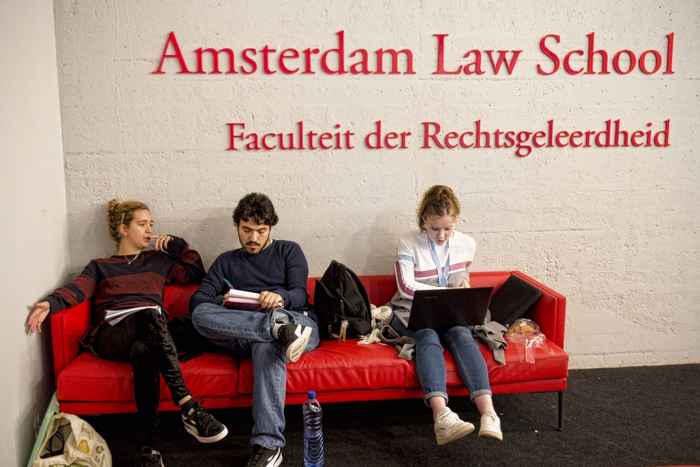Amsterdam Centre for Transfer Pricing and Income Allocation (ACTP)
The Amsterdam Center for Transfer Pricing and Income Allocation is a project initiative of the Amsterdam Center for Tax Law of the University of Amsterdam.
The goal of the project is to form a platform that brings together different stakeholders (academics, government, business) to conduct high-quality education and research in transfer pricing and international income allocation, as well as to develop academic and professional courses for students and tax professionals.
Research and Education
While legislative developments in the field of transfer pricing and international income allocation are proceeding rapidly, transfer pricing and income allocation represent emerging research fields in academia.
The regulations established by the OECD mark a critical step in the development of global cooperation in the international taxation of multinational entities' corporate profits. However, these solutions are not based on sound economic and legal principles, but rather on a political compromise between various global powers. Consequently, the outcome of such compromises is that the current regulations fail to provide solutions that truly achieve the objectives of ensuring fairness and balanced allocation of taxing powers among different states. Therefore, the areas of international profit allocation require attention from academia to ensure that the legal order is founded on sound and quality research.
The Amsterdam Law School Faculty Strategic Plan 2021-2026 includes the objective of supporting academic research that contributes to achieving the United Nations Sustainable Development Goals. Alleviating inequalities within and between countries also stands as a policy goal with significant economic, social, and environmental stakes. Since the 2008 global economic crisis, inequalities have resurfaced as major public and policy concerns. Many events since 2008 have highlighted the unequal outcomes resulting from previous economic policies and their lack of attention to equality. The equitable inter-nation allocation of taxable revenue must be one of the primary focuses of efforts to achieve equality between countries through fair economic resource allocation. Furthermore, a fair allocation of economic resources, particularly between developed and developing countries, directly impacts the feasibility of realizing all the sustainable development goals.
A focus on socially significant sustainability goals is vital, with the perspective that a more equitable allocation of global taxable revenue among different countries will lead to more government resources for realizing priority development areas.
Faculty and Research Team of the Centre
The ACTP is a project of the Amsterdam Centre for Tax Law (ACTL). The project initiative is led by Dr. Svitlana Buriak, LL.M., who serves as an Assistant Professor at the University of Amsterdam. Dr. Svitlana Buriak is responsible for designing and managing educational programs within the scope of the UvA Advanced LLM Program and the executive program, as well as conducting, managing, and coordinating research at UvA.
The Center's team includes Research Fellows and Teaching Fellows. Research Fellows are renowned international transfer pricing scholars and practitioners who distinguish themselves through originality and non-conformist thinking. The ACTP is part of the Amsterdam Centre for Tax Law (ACTL). External Teaching Fellows of the project are regular lecturers in the programs organized by the University of Amsterdam in the areas of transfer pricing and international income allocation.
Newsletter
Ensure you subscribe to our newsletter to always receive the latest news about the ACTP project in your inbox.



